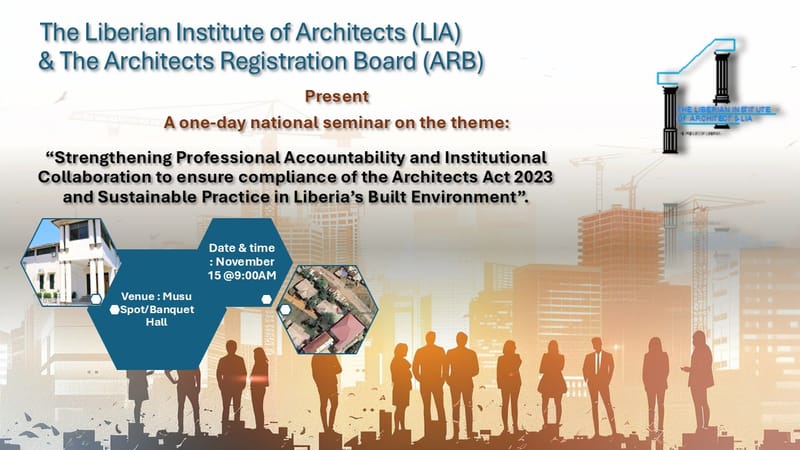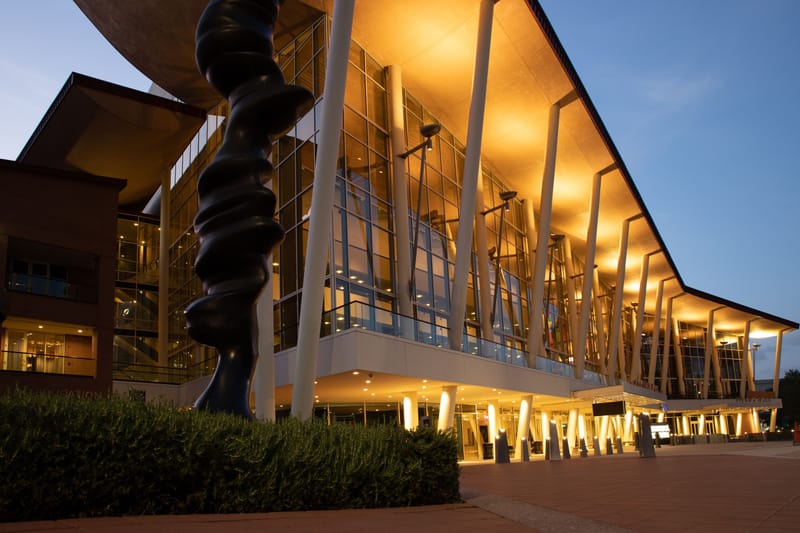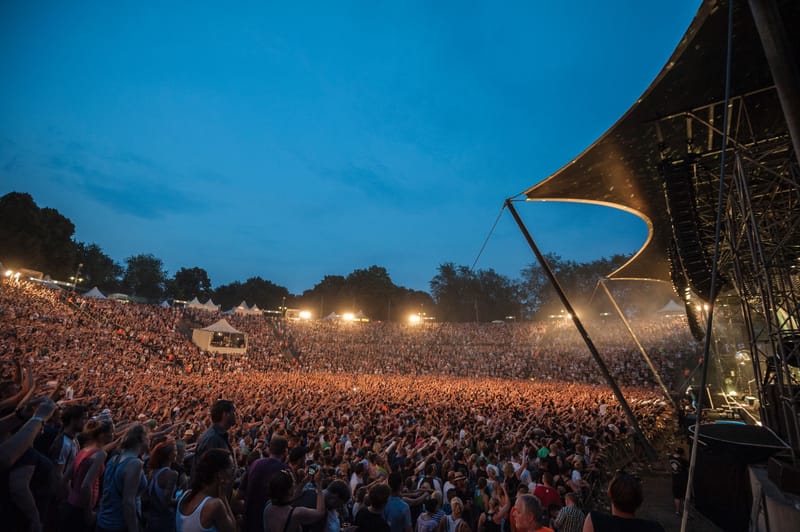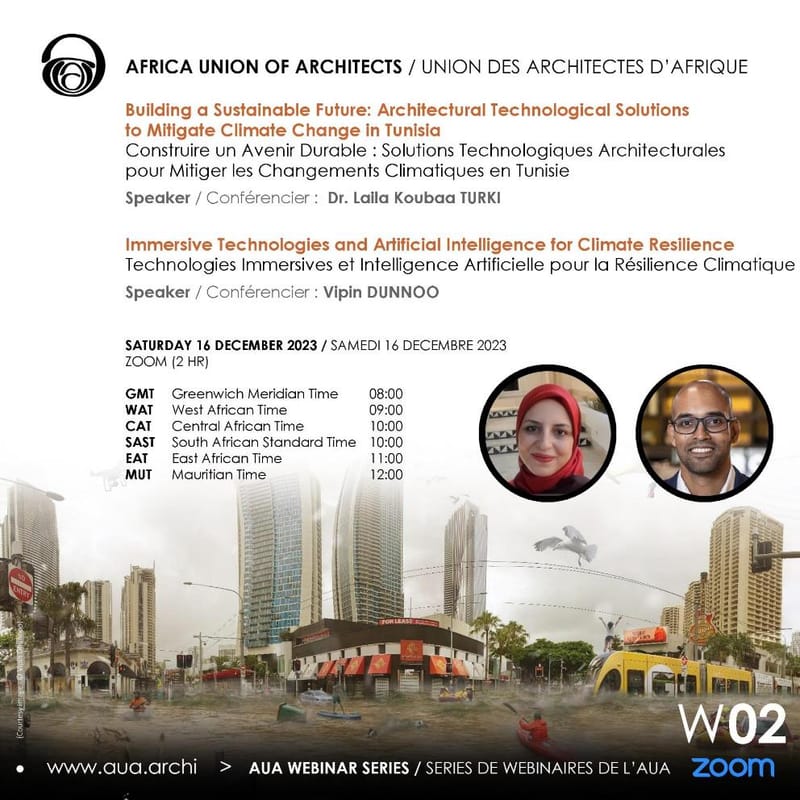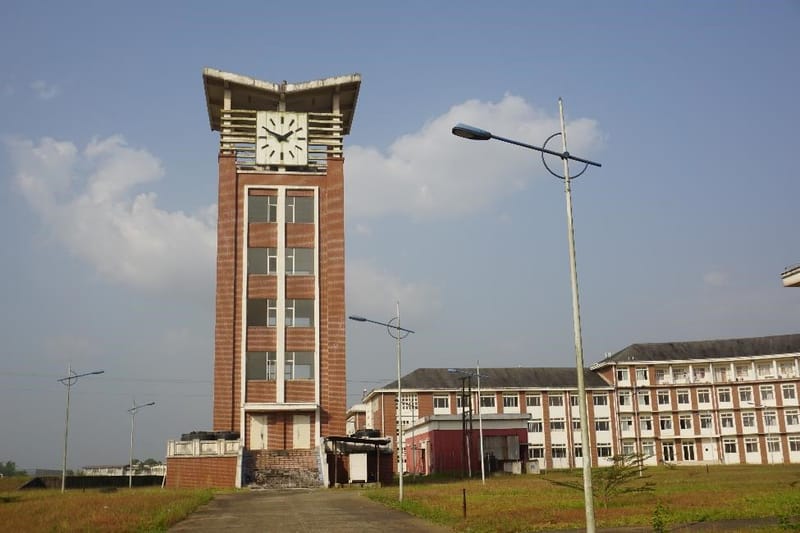Events
Strengthening Professional Accountability and Institutional Collaboration to ensure compliance of the Architects Act 2023 and Sustainable Practice in Liberia’s Built Environment
This an event article, used for writing about and listing the events planned for the future on your website. You can edit all of this text from the Pages tab by clicking the edit button.
This an event article, used for writing about and listing the events planned for the future on your website. You can edit all of this text from the Pages tab by clicking the edit button.
This an event article, used for writing about and listing the events planned for the future on your website. You can edit all of this text from the Pages tab by clicking the edit button.
Events
8:00 GMT W02 : PART A Building a Sustainable Future: Architectural Technological Solutions to Mitigate Climate Change in Tunisia (Construire un Avenir Durable : Solutions Technologiques Architecturales pour Mitiger les Changements Climatiques en Tunisie) Speaker / Conférencier: Dr. Laila Koubaa TURKI (EN) Laila Koubaa Turki, Doctor of Science and architectural engineering from university of Carthage, National School of Architecture and Urbanism of Tunis. She has worked on parametric design for urban fabric optimizing. Laila is an expert in parametric modelling, BIM, visual programming, Generative design, Solar energy modeling and Simulation and urban Morphology. Dr Laila will address the following problematics: • How does climate change affect architectural design in Tunisia? • What adaptations are necessary to face these challenges?
The University of Liberia - Liberian Institute of Architects Joint Workshop on the Practice of Architecture in Liberia is scheduled to be held on May 8, 2023, with a next day Wrap-up Session. The Workshop will address Maintaining Integrity; Rules and Laws; Professional Conduct; and Transition to Private Practice. The Minister of Public Works will be invited as Guest of UL and the LIA. Key participants of the workshop will include the Engineering Society of Liberia and Stella Maris Polytechnic University. The Interim Chair and Faculty of the UL Department of Architecture shall participate.
OPENING REMARKS BY SYLVANUS O’CONNOR, PRESIDENT OF THE LIBERIAN INSTITUTE OF ARCHITECTS AT THE LIA CONVENTION, 2018. ___________________________________________________________________ As the LIA continues to advance its aim to become a truly professional body it is very mindful that this goal embraces the need for the principles and objectives by which the institution exists become and remain relevant to this society at all times and in every aspect. This we are committed to doing, partly through the conventions we hold periodically as platforms to inform, raise awareness, educate, share knowledge, exchange information, and most of all influence decision making, hopefully at the highest decision making levels. Making decisions that improve our lives as a people and nation is imperative. The theme of LIA Convention 2018 is a heavily loaded one. It has been purposefully crafted with the aim of contributing to the unfolding narrative that is being built around an idea seen and considered to be of necessity for Liberia’s development based on an approach founded on a principle that seeks to be all-inclusive and enabling in addressing the individual and collective needs of the nation. At the end of the day the LIA hopes that the thoughts and ideas that emanate from this Convention will contribute to the national dialogue on how to position Liberia firmly on the path of durable and sustainable development. The theme, by virtue of its operative words and construction sets out the framework for the message, through presentations, that the LIA hopes to send out in this convention and the post-convention discussions that will follow. The core thrust of this convention is built around the utilization of architecture (engineering and planning) as inseparable development tools which when properly applied are capable of bringing immense value to this society’s quality of life and the assets it creates as the means to that end. The presentations that will be made by our honored foreign guests and local presenters will allude to the syntax and operative words of the Convention’s theme: architecture and sustainability; sustainability and progress; progress and pro-poor strategy; architecture and sustainable progress; and architecture in the realm of pro-poor strategy are all potentially thought provoking topics each loaded with insights that can be used to enrich our national consciousness as we seek to grapple with implementing the pro-poor agenda. The need for a pro-poor development agenda for Liberia cannot be overstated, by any means. Like most of Africa the prognosis for Liberia’s development success is closely tied to its ability to cope with a rapidly growing population (that is significantly youthful); high rate of urban migration; unmatched civil infrastructure and utility services, poor and inadequate housing conditions and high unemployment. These conditions lead to and sustain poverty closely followed by acute environmental degradation. The much publicized projection from this trend that in the near future most Africans will reside in cities and towns than in the countryside is therefore justifiably alarming, especially where appropriate actions are not taken with deliberate anticipation. That said, cities and towns do continue to provide the platform that drives the pursuit of human advancement. From that standpoint, it is imperative that utmost attention is paid to ensuring that our cities and towns are humane, functionally geared to enhancing our life sustaining activities as well as the social and cultural interactions that take place within them and help to maintain harmony. No doubt, where many people from diverse backgrounds, origins, beliefs and aspirations must live within a shared common space the issue of conflicting interests will abound. In such instances our willingness, ability and capacity to manage and govern with the goal of equity in mind will be severely tasked. Architecture’s relevance to the endeavor to find solutions in the realm of development begins with its preoccupation with conditioning and managing space in relation to the diverse needs of humans. Combined with space planning and engineering, the prudent engagement of architecture and the rules by which it is practiced will not only lead to our towns and cities being organized, healthy, and pleasant places of value to live in, they will become functionally relevant to a spatial system of interconnected parts woven into the nation’s economic master plan. As this convention’s aim unravels over the next three days it will heighten the already being felt need to incorporate more and better architecture, engineering and planning into details being worked out for implementing the pro-poor agenda. Indeed, much has been said and recorded on the subject of Liberia’s past development strategies having been less than successful at establishing inseparable linkages between spatial planning and economic development planning: the endemic lack of civil infrastructure and other physical facilities testify to this fact. In advocating for architecture the convention’s activities demonstrate the Liberia Institute of Architects’ desire to have the pro-poor agenda embraced and implemented from the standpoint of architecture and planning all-inclusive. In doing so the Convention seeks to build consensus; open up avenues for dialogue; educate and share experiences, through the following: 1. Encourage participation of the younger generation engaged in acquiring skills in architecture related disciplines, as well as other groups that are consciously aware of the need for broad based participation in tackling the issues associated with addressing poverty; 2. Public media communication; 3. Presentations followed by discussions on topical subjects/issues having relevance to the task of finding solutions; and 4. Sharing experiences with the view to learning from others. In concluding, the LIA hopes that through the experiences of this Convention avenues for cooperation would be found and established between technical institutions in the private sector and key agencies of the government with direct responsibilities in the infrastructure and urban governance sector. We hope to engage follow up activities in this regard in the near future. Thank you for being here and hope your attendance will be a rewarding one.
